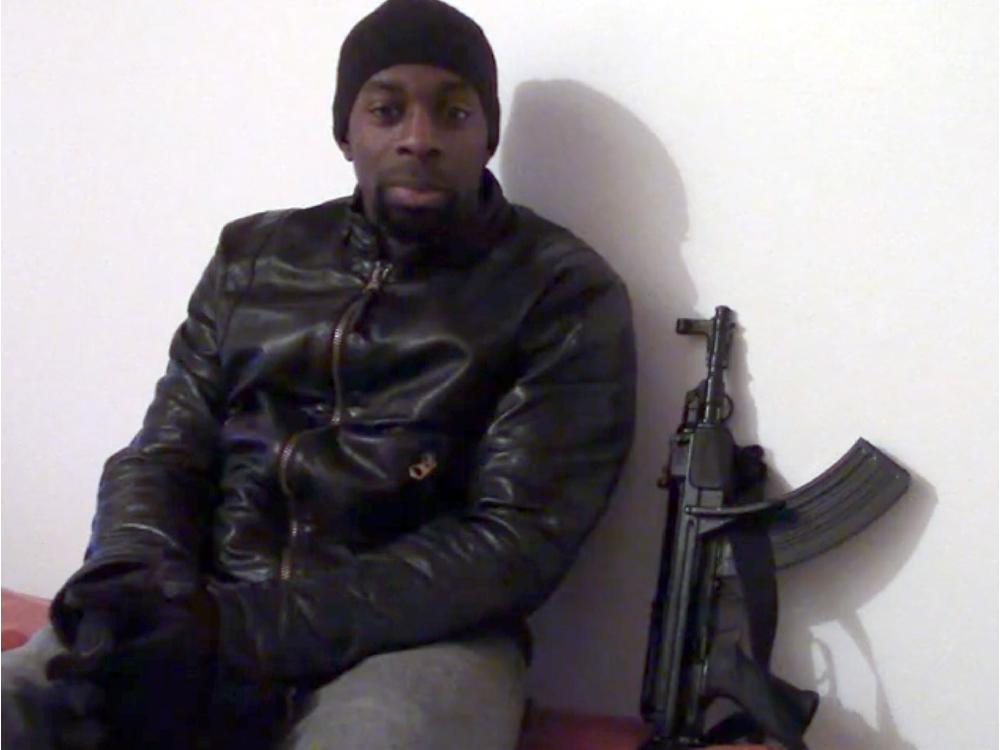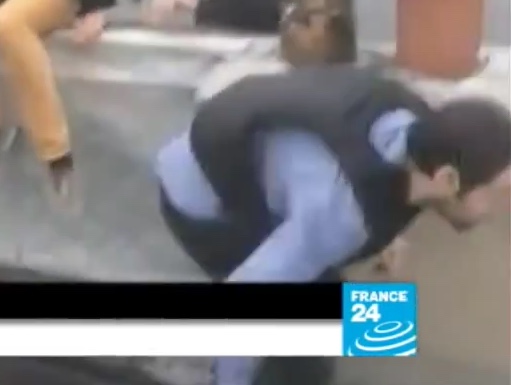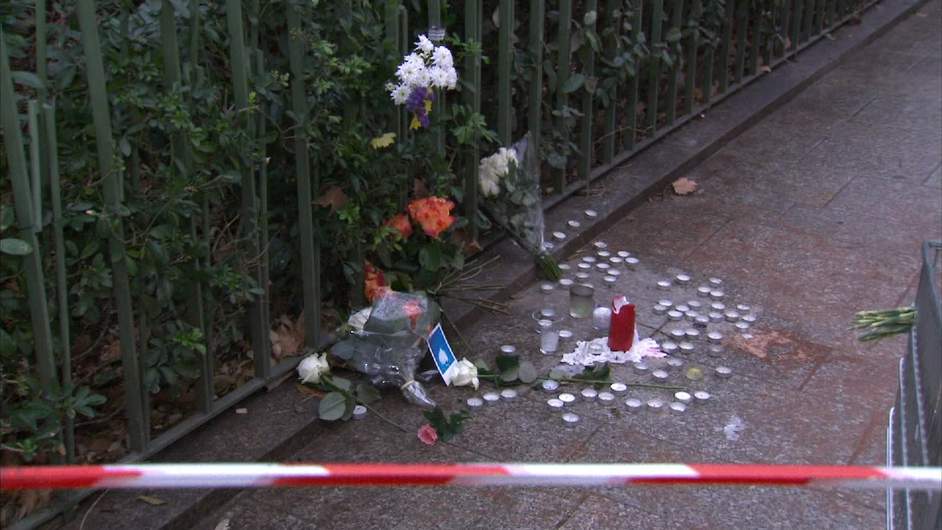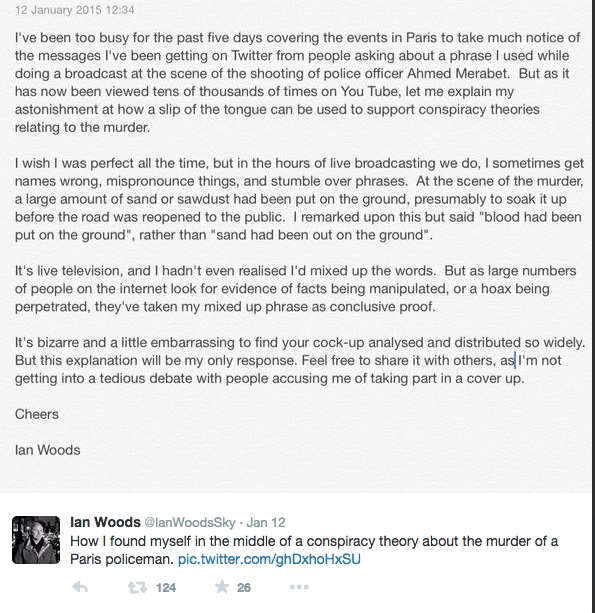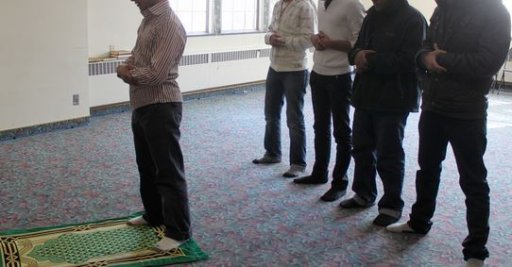On a side note, I really have to mention this. Someone posted the reporters explaination of what happened, and there is a glaring problem with it. He claims he "hadnt even realized he mixed up the words." Im sorry, this is just not indicative of his reaction at the time. In the moment, he catches himself, stops, backs up and rephrases the sentence. Of course he realized what he had said. He also says sand or sawdust was put on the ground (which is what he claims he meant to say), I will admit, the footage i have seen is a little dark, but I really dont see any large amounts of sand or sawdust. Im not saying there are none there, maybe they didnt put a lot down and the blood soaked right through, but in my experience, when throwing sand, or salt on the ground, it is almost inevitable that at some point, you spill some or throw more then intended in a certain area, and thus, there are spots more thick then the rest. Im not too concerned with the sand issue however, I am concerned with, in my opinion, his blatant lying on his explanation which I think deserves scrutiny.




